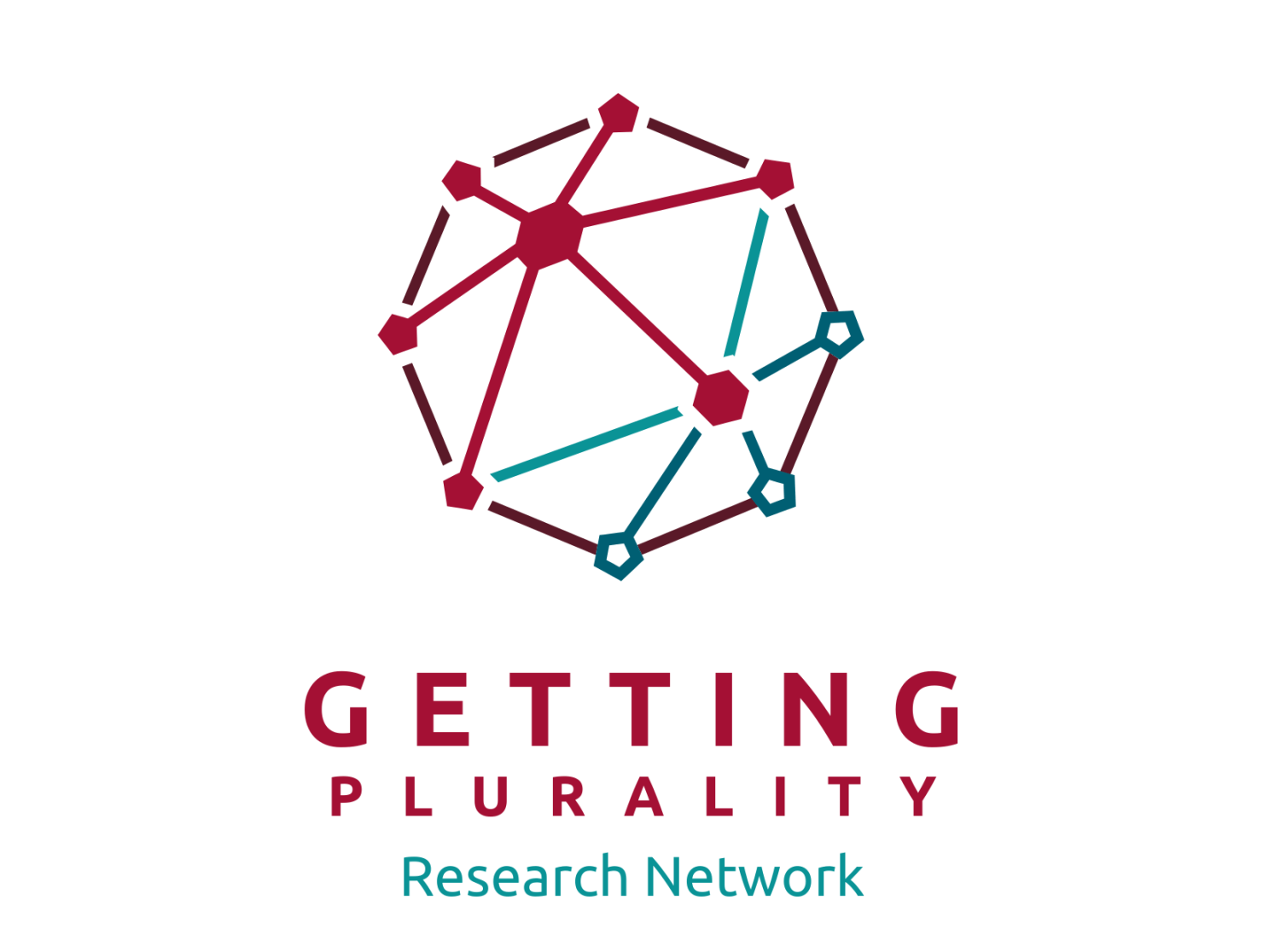The Harvard Edmond & Lily Safra Center for Ethics is proud to announce the launch of the Governance of Emerging Technology and Technology Innovations for Next-Generation Governance through Plurality (GETTING-Plurality) research network. This network will bring together researchers and academics of various disciplines across Harvard University to advance the understanding of how to shape, guide, govern, and deploy technological development in support of democracy, collective intelligence, and other public goods. Our focus is on how to do so, given the plural (and not singular) nature of human and (possibly) artificial intelligence. The team will pursue foundational analysis and theory, field-building, and policy development to foresee and mitigate potential harms to democracy and to strengthen the public benefit and democracy-supportive effects flowing from technology innovation.
Technological innovations, such as artificial intelligence and decentralized social technologies, have brought us to a constitutional moment in society. These technologies enable radical innovations in social, economic, and political institutions and practices, with the potential to support transformative approaches to political economy. They also demand governance renovation, both because we must learn to govern emerging technologies for the sake of democracy, and because technologies can deliver governance innovations to better democracy and a political economy supportive of democracy. There is the potential to overcome persistent injustices, power concentrations, and perversions of capitalism and democracy, but there are also risks of catastrophe and exploitation that match or eclipse those seen in the twentieth century.
The GETTING-Plurality research network is led by Danielle Allen, and includes a network of senior advisors, fellows, and researchers including Allison Stanger, Shlomit Wagman, Glen Weyl, Bruce Schneier, and many more. To translate research into practice, network members collaborate with various impact partners, including Plurality Institute, RadicalXChange, new_publics, UMass Initiative for Digital Public Infrastructure, Microsoft Research, Council for Responsible Social Media, Collective Intelligence Project, Open Society University Network, and the Digital Humanism Initiative.





